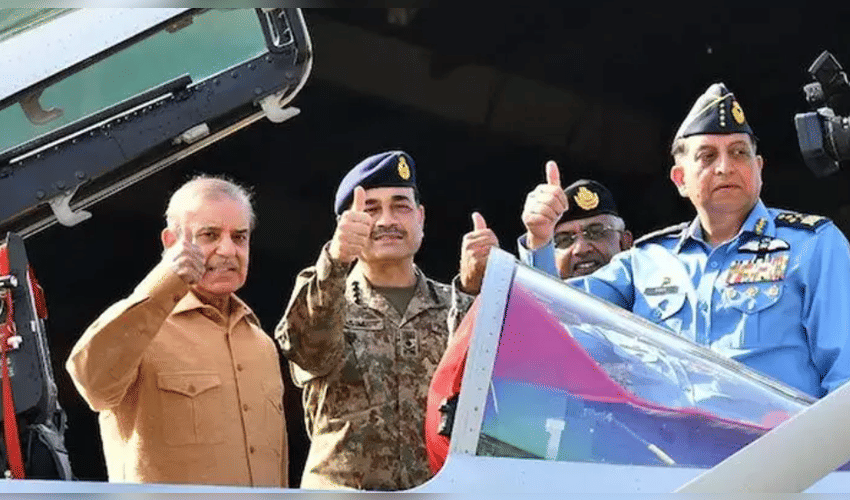Military
Pakistan Air Chief US visit hints at strategic shift following failure of Chinese defence gear during Operation Sindoor.

Pakistan Air Force (PAF) Chief Air Marshal Zaheer Ahmed Baber Sidhu’s recent visit to the United States marks a crucial shift in Pakistan’s defence diplomacy. It is the first visit by a sitting PAF chief to the US in over ten years and comes at a time when Pakistan is actively reevaluating its strategic partnerships. This outreach closely follows Pakistan Army Chief Asim Munir’s rare meeting with former US President Donald Trump, signalling Islamabad’s intent to reset ties with Washington amid growing concerns over the reliability of Chinese military equipment. These concerns intensified after the performance of Chinese-supplied defence systems faltered during the recent Operation Sindoor, a conflict with India.
During Operation Sindoor, Indian missiles and drones were able to penetrate and, in several cases, destroy key Pakistani air defence positions guarded by Chinese HQ-9P and HQ-16 (LY-80) systems. The apparent failure of these platforms raised alarm within Pakistan’s military and led to internal reviews and reported dissatisfaction with Chinese suppliers.
In Washington, Air Marshal Sidhu met senior US officials, including US Air Force Chief of Staff General David Allvin and Secretary of the Air Force for International Affairs Kelly Seybolt, to discuss enhancing bilateral defence cooperation, joint operations, and technology transfers. He also met with US lawmakers to strengthen political and defence ties.
Pakistan is now seeking to modernise its air force through the acquisition of American equipment, such as the F-16 Block 70 fighter jets, AIM-7 Sparrow air-to-air missiles, and possibly the HIMARS rocket system. These platforms are viewed as vital to closing the gaps revealed during recent engagements and to reestablishing a credible deterrent posture.
This pivot towards the United States reflects a broader reassessment within the Pakistani military. While China remains a key defence partner, the underperformance of its systems has spurred Pakistan to consider alternatives, including from the US and possibly Turkey. Analysts see this as a calculated balancing act by Islamabad to reduce its dependency on Beijing, diversify military assets, and restore strategic flexibility.
The shift carries regional implications. A renewed defence partnership with the US could significantly enhance Pakistan’s operational capabilities and alter the balance of power in South Asia. At the same time, China’s muted response and its reluctance to accept fault over its systems’ failures expose reputational risks in the global arms market. Ultimately, Pakistan’s outreach to the US is driven by both tactical frustrations and strategic foresight. It underscores a desire to modernise, diversify, and mitigate the risks of over-reliance on a single defence supplier, especially as tensions with India persist.



